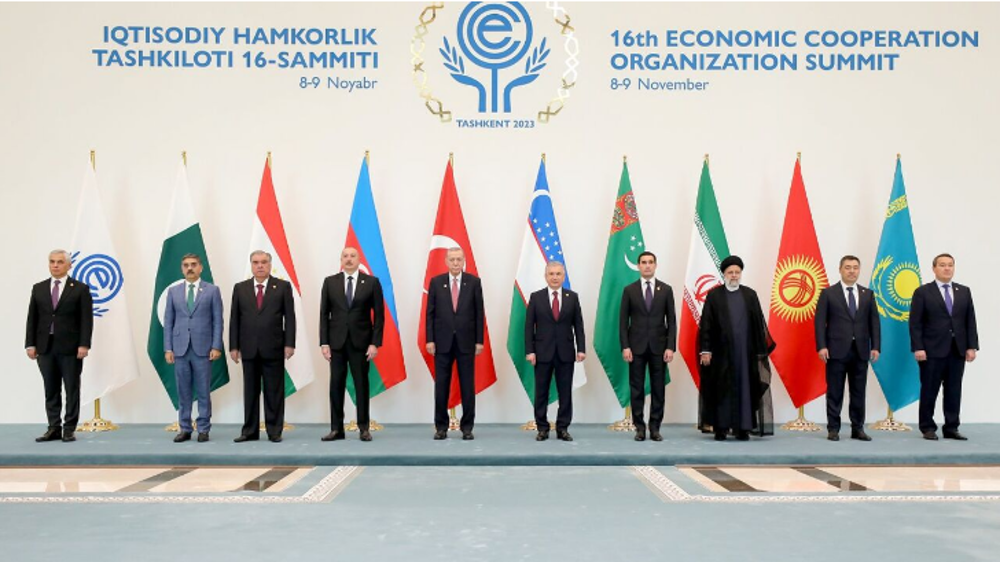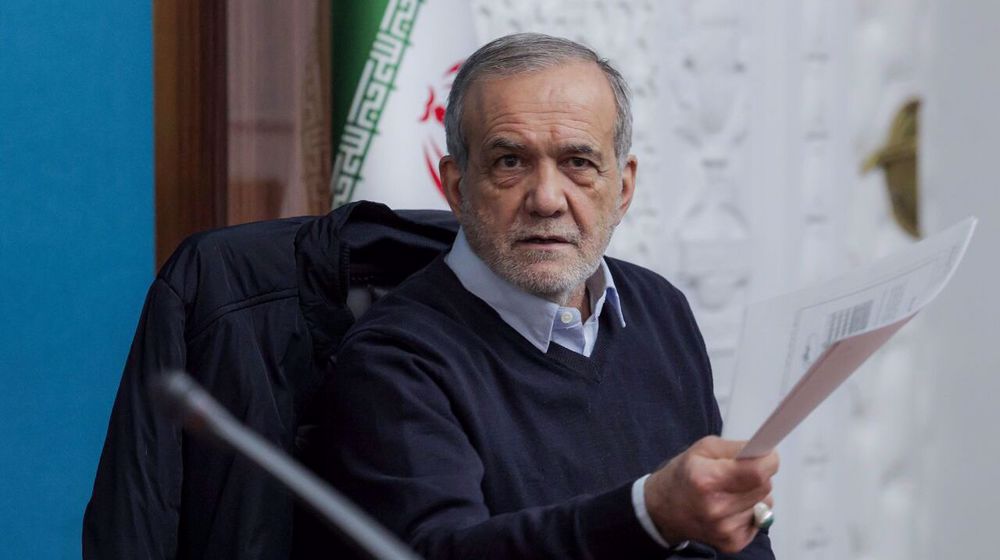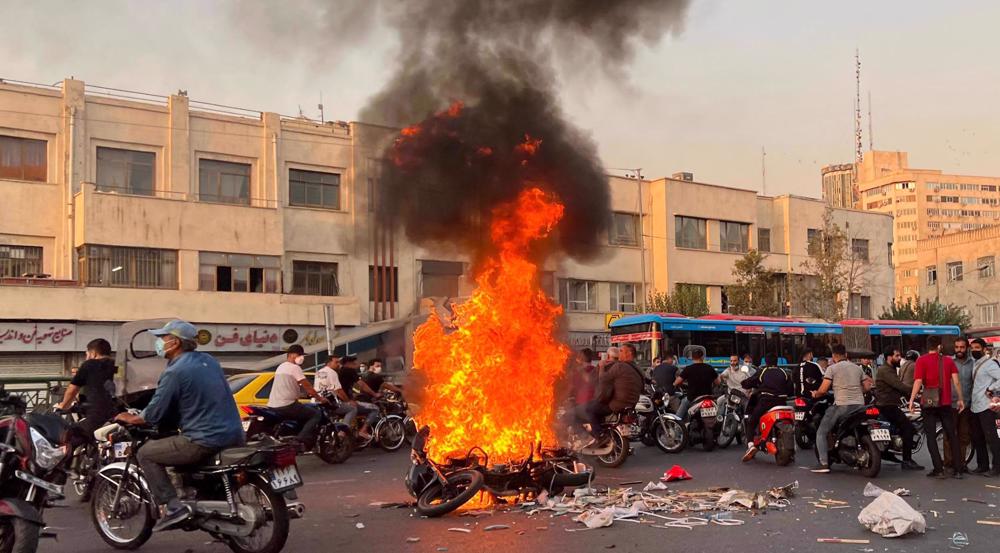Iran and evolving role of ECO in regional economy
Under the administration of President Ebrahim Raeisi which has adopted multilateral diplomacy as a centerpiece of its foreign policy, Iran has decided to strengthen cooperation with ECO countries in view of their enormous economic capacities.
On Thursday, the president attended the 16th ECO summit in Tashkent under the chairmanship of Uzbekistan’s President Shavkat Mirziyoyev.
The ECO is one of the oldest economic cooperation organizations in the developing world, dating back to the 1960s. The ten ECO member countries with an area of 8 million square kilometers and more than half a billion people have forged close interaction over the years.
Transportation and transit, trade and energy are the three priorities of the members for cooperation, but basic structures for cooperation in other economic areas have also been built among the members.
ECO summits are an opportunity for the member countries to exchange views on regional issues and international developments.
In Tashkent, the presidents of Iran, Azerbaijan, Kazakhstan, Kyrgyzstan, Pakistan, Tajikistan, Turkmenistan, and Turkey discussed the expansion of commercial and economic cooperation, investment, transportation, communication, and humanitarian cooperation in the framework of the ECO and the evolution of the role of this multifaceted body.
The ECO is a successful and promising regional organization, and Iran, as one of the founding countries of the organization, has a serious interest in strengthening intra-regional cooperation and promoting the position of ECO as an effective regional mechanism for economic connectivity.
The international position of the organization, established in 1985 by Iran, Pakistan and Turkey with the aim of promoting economic, technical and cultural cooperation between the member countries, is growing.
The regional organization is the antithesis of the West’s policy to weaken convergence in the Asian region, especially anything which involves Iran’s participation.
One point of its strength is its role in helping defeat the economic blockade of the Western powers and neutralize their sanctions plus developing regional trade.
The organization not only strives to improve sustainable economic development conditions of member countries and gradually removes trade barriers in the region, but also works to accelerate the development of transportation and communication.
The importance of the organization became more apparent when the United Nations approved in 1985 that ECO become an observer member of the United Nations, as did the Organization of Islamic Cooperation.
ECO member countries are located in one of the most sensitive regions of the world with more or less common historical and cultural heritage, with the potential to become one of the world's economic poles. A broad look at the geography of the world shows that intra-regional trade in major global unions has grown significantly.
They are located in a strategic region with abundant natural resources such as huge oil and gas, metallic minerals including copper, gold, zinc, and huge reserves of non-metallic minerals and most importantly human resources which can marshal the industrial development of the countries, given the existence of a suitable ground for regional market growth.
With a strong regional organization, the movement of human capital is facilitated and economic opportunities are created in industrial production, helping new partnerships to take shape at the regional level with a greater access to modern technologies.
Meanwhile, with the formation of regional organizations and institutions, the necessary grounds for better use of resources will be provided, and capital productivity will increase accordingly, and finally, as a result of the resulting industrial development, more development and social welfare will be created for the member countries.
Given that the promotion of intra-regional trade is one of the priorities of the ECO organization, Iran is seriously seeking to streamline trade in the region and increase the share of intra-regional trade from current 7% to 20%.
Iran is one of the main exporters in ECO; hence, any smoothing of trade in ECO will make it easier and cheaper for Iranian exporters to access the regional markets.
Before his trip to Tashkent, President Raeisi said the economic link between the ECO members would a central topic and important discussions would be held among the members to enhance their cooperation.
According to official statistics, in the seven months since March, 14.93 tonnes of goods worth $10.1 billion was exchanged between Iran and ECO members, up 18% in weight and 4.5% in value respectively against the same period a year ago.
During the period, Iran's non-oil exports to ECO members surpassed 12.3 million tonnes worth more than $5.88 billion, a year-on-year increase of 23% in weight and 2.5% in value compared o the same period a year before.
The trade balance reached $1.6 billion in favor of Iran, according to the figures.
VIDEO | Paris protesters call for release of Palestinian abductees
VIDEO | Protesters in Baghdad stand with Iran, reject foreign violence
VIDEO | Iran's Leader: US must be held accountable for orchestrating violence in Iran
UAE’s state oil company weighs major investment in Venezuela’s gas: Report
Trump launches sweeping clemency offensive, pardoning allies, donors, repeat fraudsters
Iraqi army assumes full control of Ain al-Asad airbase after complete US withdrawal
VIDEO | Trump main culprit of acts of terror in Iran
Iran restores SMS access, eases curbs on domestic messengers










 This makes it easy to access the Press TV website
This makes it easy to access the Press TV website